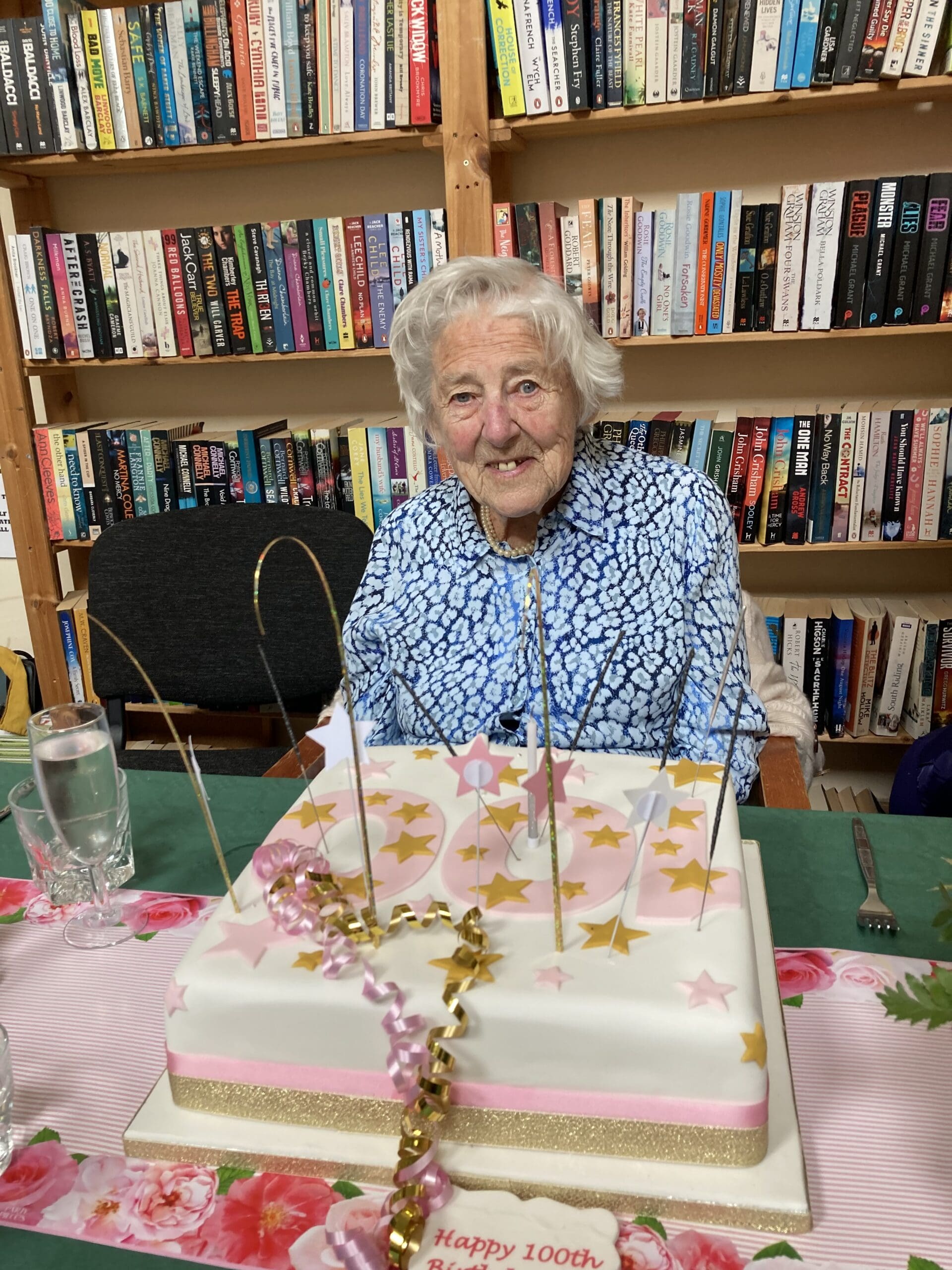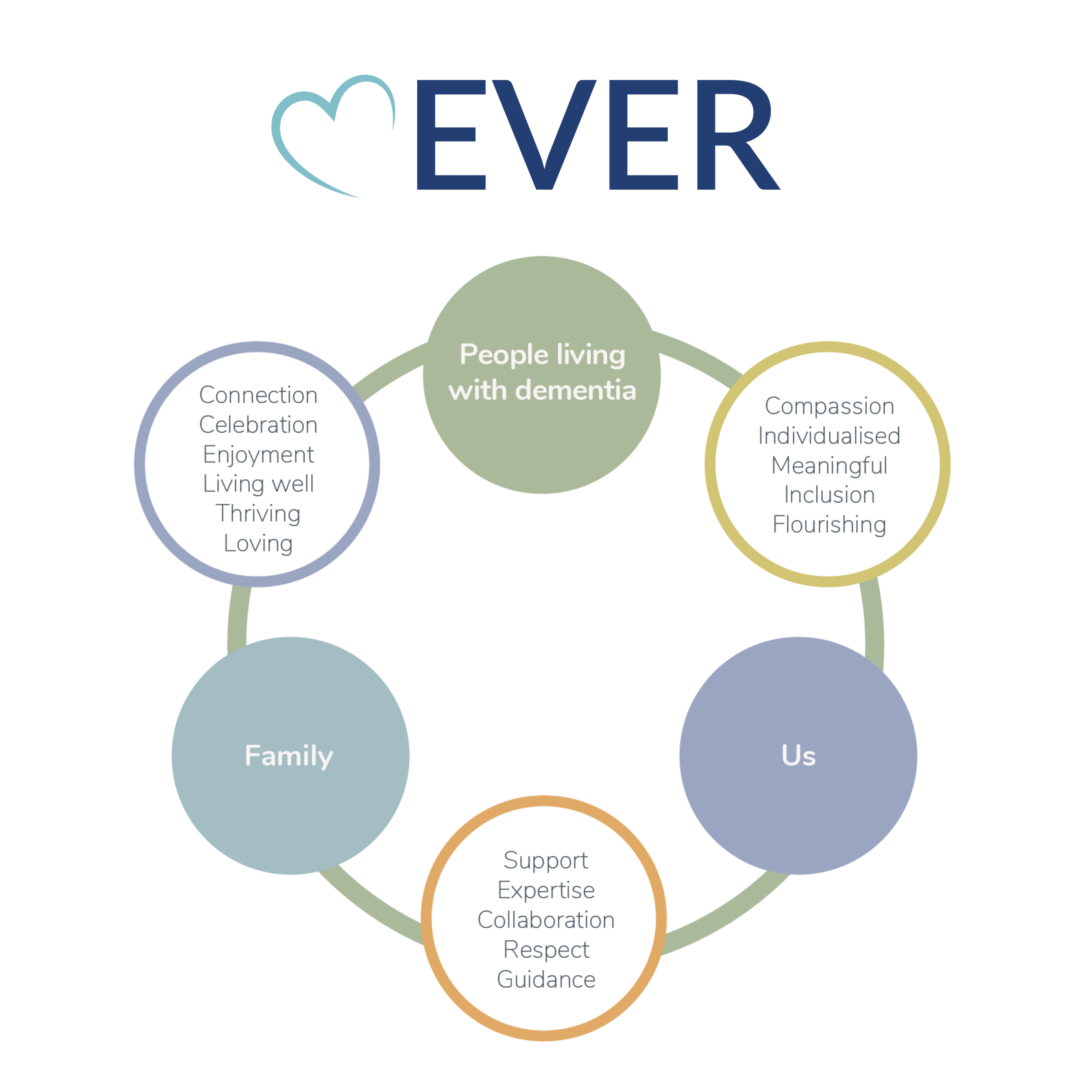Arthritis is one of the leading causes of pain and disability worldwide, especially for older adults. In the UK, millions of people have arthritis or other similar conditions that cause swelling and pain in the joints.
Everyone experiences arthritis pain and symptoms differently depending on their own family history, lifestyle factors and the type of arthritis they have. Here we will answer important questions such as, “what is arthritis pain like?” so that you know the signs and symptoms to look out for when caring for a loved one or managing your own condition.
What is arthritis?
Arthritis is a common condition that causes swelling and tenderness in a joint. The most common symptoms of arthritis are joint pain and stiffness which typically worsen as we age. The two most common types of arthritis are rheumatoid arthritis and osteoarthritis.
Osteoarthritis (OA) is the most common form of arthritis in the UK. It is caused when the protective cartilage on the ends of your bones breaks down over time, usually due to age, injury or other health conditions. OA causes pain and swelling in the affected joint and can lead to limited mobility.
Rheumatoid arthritis is an autoimmune condition where the body wrongly tells its white blood cells to attack the healthy tissue around your joints, causing pain, tenderness and swelling. 400,000 people are living with rheumatoid arthritis in the UK. People with rheumatoid arthritis often experience periods where their symptoms become worse, known as flare-ups or flares.
Does arthritis hurt all the time?
Due to the wide-ranging types of arthritis, symptoms and their intensity vary greatly amongst people living with the condition. Some people experience pain or swelling only in the mornings while others experience pain and discomfort throughout the day.
Arthritis is a long-term condition that cannot be cured, but there are treatments available to help you reduce pain and manage symptoms. If you are experiencing difficulties managing the symptoms of your arthritis, then you may want to discuss this with your GP.
Once you have been diagnosed with arthritis, your GP will work with you to create a treatment plan to manage symptoms and reduce inflammation, which could include medication, physiotherapy or surgery.
What does arthritis pain feel like?
Rheumatoid Arthritis
Rheumatoid arthritis is an inflammatory condition that can affect much more than just your joints. Whilst rheumatoid arthritis most commonly causes pain and swelling in joints, the condition can lead to damage to many other systems in your body including the skin, eyes, heart and blood vessels.
Symptoms can vary widely between individuals and some symptoms may even completely disappear for periods of time. It is common for periods of increased pain and activity known as “flares” to alternate with periods of “remission” where symptoms may lessen or disappear entirely.
Signs and symptoms of rheumatoid arthritis include:
- Tender, warm or swollen joints
- Joint stiffness
- Fatigue
- Fever
- Loss of appetite
During a flare-up, your symptoms may appear suddenly or gradually increase over time. You may notice that your joints feel hot or painful and that the pain and stiffness are often worse after you’ve been resting. You may feel tired, weak or feverish. You may also develop firm swellings called rheumatoid nodules around the affected joints.
If you’re feeling particularly unwell and it persists for more than two weeks, then it is important to seek medical assessment and advice.
After a flare-up, inflammation will fade and symptoms will gradually decrease. You’ll start to feel better and regain function. However, the damage that occurs to the lining of your joints during a flare-up may eventually lead to on-going problems in-between flare-ups. This is why it is so important to keep inflammation under control during a flare-up.
Osteoarthritis
Osteoarthritis causes joint pain and stiffness that slowly worsens over time. This ‘wear and tear’ feeling many people with osteoarthritis experience is the gradual wearing down of affected joints.
Common symptoms of osteoarthritis include:
- Pain
- Swelling
- Tenderness
- Loss of flexibility
- A grating sensation
- Bone spurs
Although osteoarthritis can damage any joint, it most commonly affects joints in your hands, knees, hips and spine. Pain may be strong in the morning but often subsides within half an hour. You may experience a creaking or grinding sensation throughout the day.
Unlike with rheumatoid arthritis, your joints should not feel red or hot and pain and discomfort levels are often influenced by external factors such as the weather or exercise. Although the symptoms of osteoarthritis can be intermittent, you should not experience any flare-ups and people typically don’t feel ill or unwell.
Managing arthritis symptoms
If you or a loved one are finding it difficult to manage the symptoms of your arthritis, know that you are not alone. Living with arthritis can have a tremendous impact on your lifestyle and can even lead to a loss of confidence or independence.
Depending on the severity of your condition, you may find it difficult to complete everyday tasks, such as personal care routines, household chores or cooking and meal planning. If your symptoms are preventing you from leading the life you wish to live, you can receive the care and support you need to live independently directly in your own home from a competent and compassionate live-in carer from Oxford Aunts.
Our personalised live-in care service
If you are living with arthritis or any other health concern that limits your ability to live independently, our dedicated carers can help.
Our home care service can help you manage your symptoms and enjoy a better quality of life despite the challenges that your condition brings. By moving into your home with you, our experienced live-in carers will be there to provide you with the one-to-one support you need to reduce the impact of your arthritis symptoms and avoid unnecessary hospital admissions.
There are countless life-enriching benefits to staying at home with a highly-trained and experienced carer who is dedicated to you, instead of facing the upset and worry of moving into a care or nursing home. With an Oxford Aunts carer, you will be able to live life your way with a tailored plan of care delivered by a compassionate carer on a one-to-one basis.
How can live-in care benefit those with arthritis?
Receiving care at home can help you retain your independence and allow you to continue living happily in your own home despite the challenges arthritis and other health concerns present. Here are just some of the benefits of receiving live-in care:
- Living an active lifestyle filled with physical activity and healthy, nourishing foods can help manage the symptoms of arthritis. Our carers will be more than happy to encourage and support you in building or maintaining healthy habits.
- Support for a number of day-to-day tasks from discreet and sensitive personal care to cooking and meal planning.
- Providing safe mobility assistance such as transferring between beds, wheelchairs, and other seating options.
- Helping your render your home a safer environment by removing clutter and suggesting mobility aids and home adaptations that can reduce your risk for slips and falls.
- If you are no longer able to drive, a carer can provide assistance with running errands.
- The physical symptoms associated with living with arthritis may cause you to feel worried or isolated at times. Our compassionate live-in carers are there to provide you with companionship and friendship, if and when you need it.
Our high-quality live-in care service includes:
- A comprehensive assessment of your needs that will address not just your care needs but also your wants and preferences.
- A carefully matched, experienced and dedicated carer who will support all your needs.
- A highly personalised care plan created using a multidisciplinary approach in consultation with other healthcare professionals and community organisations. When appropriate, we will also consult your family members or loved ones.
- Unrivalled support from a team of two care managements experts that are there to provide assistance with any personal, domestic or household tasks.
- Meal planning, cooking and preparing nutritious and delicious meals.
24-hours a day out-of-hours emergency support, should you ever need it.
Get in touch with us about your care needs
At the heart of our care service is enabling people to live well in their own homes with the care and support they need from a well-matched, trained and dedicated carer. With an Oxford Aunts personal care assistant, you can be reassured that you are receiving high-quality care that is based on mutual respect and dignity.
Our expert care advisors are here to help you understand the options available to you.






